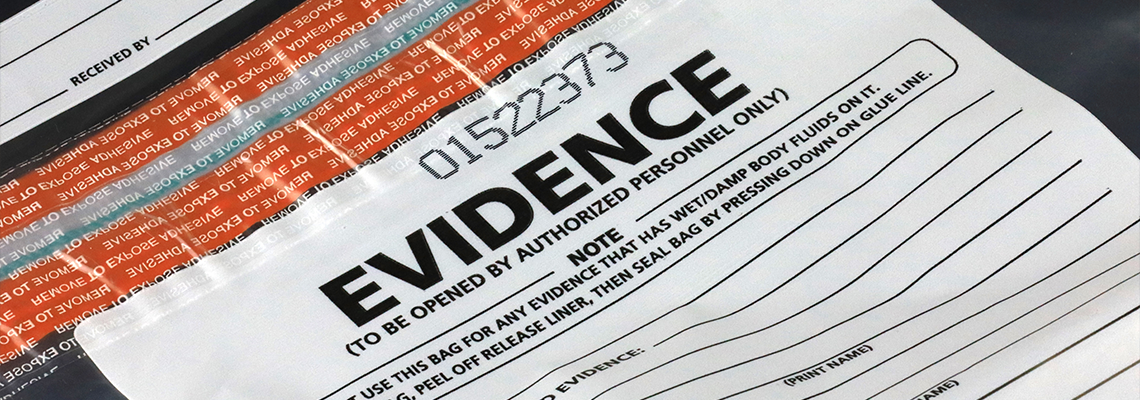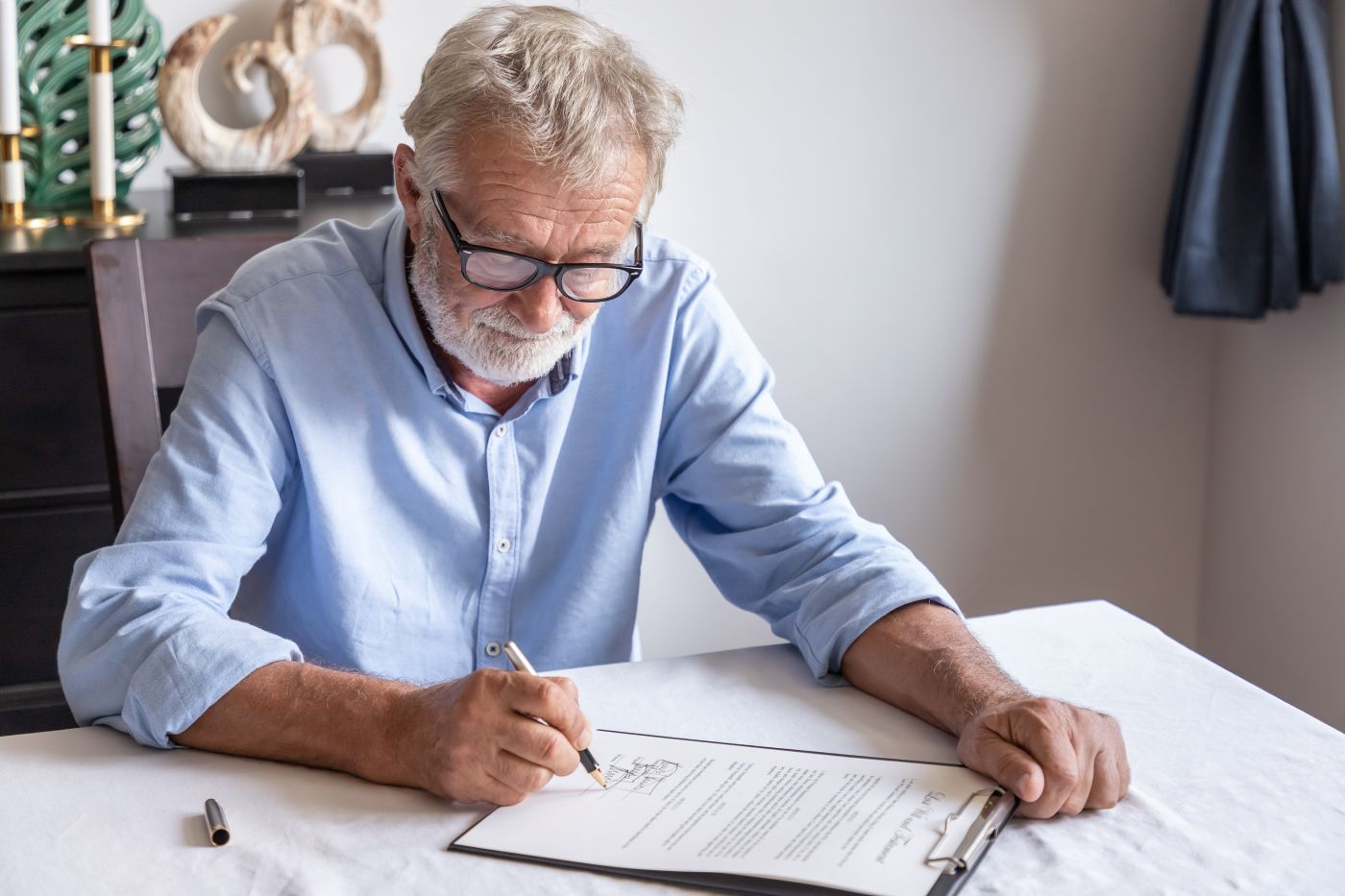
In the aftermath of an accident, collecting evidence is crucial for establishing the facts surrounding the incident and supporting your claims. Evidence can include photographs of the scene, witness statements, police reports, and medical records, all of which contribute to a clear understanding of what transpired. This documentation not only aids in legal proceedings but also protects your rights and interests during insurance claims.
Many individuals may underestimate the significance of gathering evidence immediately after an accident, assuming that their accounts or those of others will suffice. However, memories can fade, and details may become lost over time. Ensuring that thorough and accurate evidence is collected promptly is essential for building a strong case.
Bloodworth Law Firm, PLLC, is here to help you understand the evidence needed. The firm proudly serves clients in Conroe, Huntsville, The Woodlands, and Livingston. Reach out to them for support and guidance.
What Constitutes Evidence?
Evidence in the context of an accident can take many forms, encompassing physical, documentary, and testimonial types. Each of these elements plays a vital role in reconstructing the events leading up to, during, and following the accident. Here are the primary types of evidence you should be aware of:
Physical evidence: This includes any tangible items related to the accident, such as vehicle parts (like paint chips or glass), personal belongings that were damaged, and even skid marks on the road. Preserving this type of evidence is key, as it can provide insights into how the accident occurred.
Photographic evidence: Photos taken at the accident scene can capture crucial details that may be missed in written reports. This includes visible damage to vehicles, road conditions, signage, and the surrounding environment. Consider documenting every angle of the scene, as these visual records can be exceptionally persuasive in legal proceedings.
Documents: Several important documents can serve as evidence following an accident. These include police reports, medical records, insurance documentation, and any eyewitness accounts. Keeping track of all correspondence related to the incident is critical in establishing timelines and verifying claims.
Witness testimony: Eyewitness accounts can provide a more comprehensive understanding of the events leading to the accident. Collecting contact information from witnesses will ensure that their statements can be obtained later if legal action is pursued. Witnesses may have perspectives that differ from the parties involved in the accident, adding weight to your case.
Expert Opinions: In some circumstances, consulting experts such as accident reconstructionists or medical professionals may be beneficial. Their expert opinions can clarify complex issues related to the cause of the accident, injury severity, or other technical elements that ordinary individuals may not fully understand.
Why Is Evidence Important?
The significance of evidence in post-accident scenarios cannot be overstated. It serves as the foundation upon which legal claims are built, providing critical insights into the circumstances surrounding the incident. The following points elucidate the importance of securing robust evidence after an accident:
Establishing liability: Actual evidence is integral to establishing who may be at fault in an accident. Liability can often be difficult to determine without concrete evidence, especially when multiple parties are involved. Collecting comprehensive evidence helps paint a clear picture of the incident, ensuring that the responsible party is held accountable.
Strengthening your case: When you proceed with a personal injury claim, having strong evidence can significantly boost your position. Insurers and legal representatives are more likely to take claims seriously when backed by solid evidence. This can lead to more favorable settlements and court outcomes.
Compensation for damages: By presenting well-documented evidence that supports your case, you increase your chances of receiving compensation for medical expenses, property damage, lost wages, and pain and suffering. Accurate and substantiated proof allows for a more comprehensive assessment of damages incurred.
Mitigating disputes: In many personal injury cases, disputes may arise regarding the circumstances of the accident or the extent of the injuries. By maintaining a well-organized collection of evidence, you help counteract any potential challenges to the claims, thus ensuring a smoother legal process.
How To Collect Evidence After an Accident
Collecting evidence after an accident requires immediate action, as certain elements can diminish or disappear over time. The following guidelines can help ensure that crucial evidence is preserved:
Prioritize safety: Your first action after an accident should be to ensure the safety of all involved. If it is safe to do so, move to a secure location away from traffic, and check for injuries.
Call emergency services: Contact the police or emergency medical services (EMS). A police report will provide an official account of the accident, which is often necessary for insurance claims or legal action.
Document the scene: Use your mobile device to take photos and videos of the accident scene. Capture all relevant details like vehicle positions, damages, road conditions, and any visible injuries. If applicable, record any traffic signals or road signs that may have influenced the accident.
Gather information: Exchange personal information with other parties involved in the accident, such as names, contact details, insurance information, and vehicle registration numbers. Note any witnesses at the scene, and gather their contact information as well.
Seek medical attention: Even if injuries appear minor, visiting a medical professional is crucial. Some injuries may not be immediately evident, and obtaining medical records can serve as essential evidence in your claim.
Keep records: Maintain a detailed record of all documentation related to the accident, including medical reports, repair estimates, and correspondence with insurance companies. This organized collection of documents can be invaluable as your case progresses.
Consult legal counsel: Engaging a personal injury attorney can help you navigate the complexities of evidence collection. Legal professionals can provide guidance on maintaining evidence, assist in thorough investigations, and advocate on your behalf during negotiations or court proceedings.
The Role of Authorities and Insurance
Authorities will play a crucial role in evidence collection after an accident. A police officer's report can lend credibility to your evidence, detailing the facts surrounding the incident. Additionally, insurance companies will assess the evidence submitted to help determine liability and compensation. Therefore, ensuring factual accuracy in all the materials is imperative to protect your claim.
You Have Rights. Use Them.
Gathering and preserving evidence after an accident is vital for ensuring a successful personal injury claim. By understanding the types of evidence available, learning how to collect it effectively, and recognizing its importance, you can significantly enhance your chances of receiving fair compensation for your injuries and damages.
Should you find yourself in such a situation, taking diligent steps to secure evidence, along with the aid of experienced legal counsel, will help you navigate personal injury law and work to achieve a favorable outcome. Remember, timely and thorough evidence collection is key in supporting the legitimacy of your claim and securing justice.
Contact us today to see how our attorneys can help with your situation.


